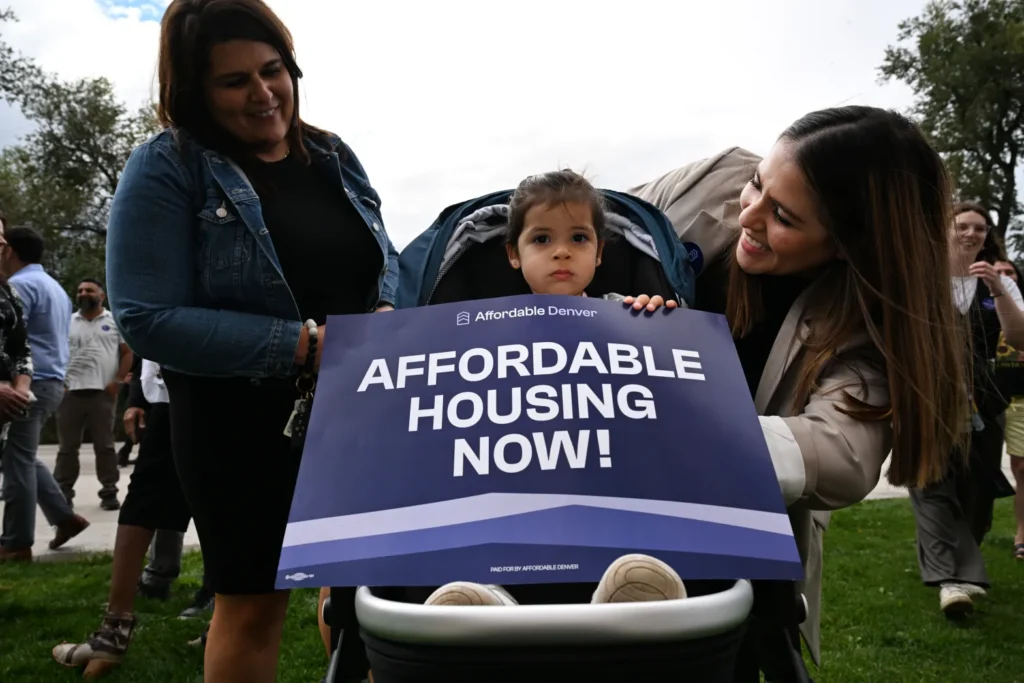
President Joe Biden recently announced his support for a proposal that would force corporate landlords to either cap rent increases at 5% or risk losing valuable federal tax breaks. Likewise, a bill introduced on the second-to-last day of the session for the 152nd Delaware General Assembly reignited similar policy conversations in the First State. While rent control (rent capping, rent stabilization) may sound nice to some, in reality, these policies have proven time and time again to actually make housing affordability and attainability issues much worse.
Rent control is not the appealing fix it seems to be. Decades of research point to rent control being a catalyst for reducing housing supply, raising rents and, ultimately, not serving those most in need of affordable units. Rent control disincentivizes housing production, driving away developers and further exacerbating the supply shortage. Similarly, higher-income renters living in rent-capped units, with little incentive to move, tend to stay in those units longer instead of moving into other housing types and freeing up rent-capped units for others. Further, capping the amount of rent a landlord can collect only serves to limit the funds they can use to reinvest and make improvements to these units, resulting in a lower-quality housing supply desperate for necessary maintenance.
A study by the Manhattan Institute examined the effect of rent control policies in Cambridge, Massachusetts, in 1970: When rent control was expanded, some 10% of the city’s rent-controlled units were converted to condos, leading to an overall shrinkage in the available housing stock. When rent control policies were removed in 1995, building permits in Cambridge rose by 20%, and construction spending doubled.
Unfortunately, rent control policies ignore the real reasons for soaring housing costs. Principally among these is the lack of supply. Instead of focusing on policies that have a proven track record of failure, elected officials should look for opportunities to reform zoning and government mandates, and provide incentives to developers to boost the housing supply to meet the current and future demand.




